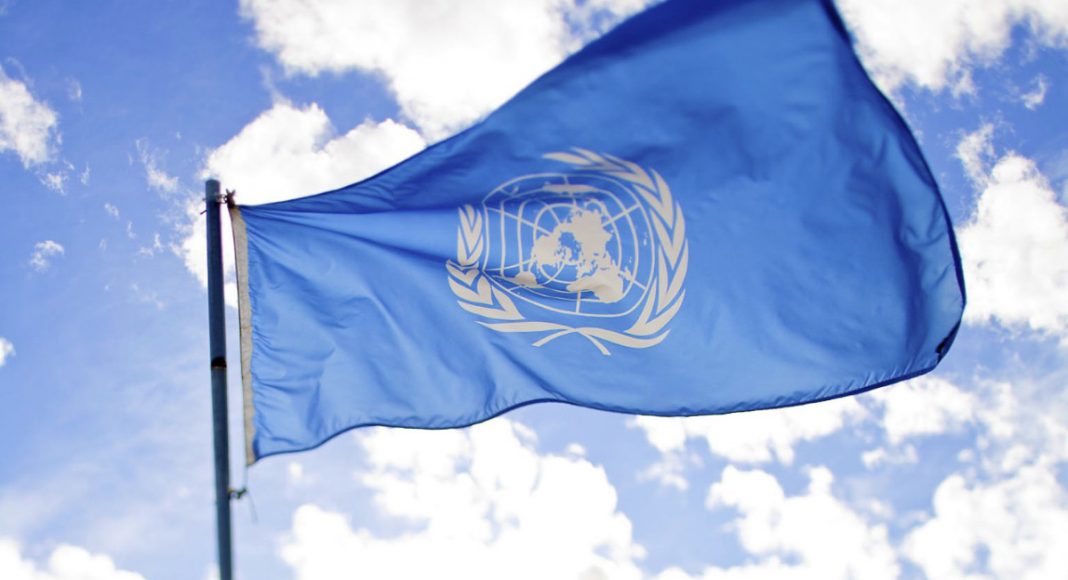Just two months after the U.N.’s World Health Organization published a report calling marijuana a “relatively safe drug” that only seems to lead to “euphoria, laughter and talkativeness,” the intergovernmental organization as a whole is reportedly diving in to determine whether it is even necessary to restrict the herb under international law. The outcome could force the United States to reconsider marijuana’s Schedule I classification on the Controlled Substances Act, according to a report from Marijuana Moment.
In June, the WHO’s Expert Committee on Drug Dependence (ECDD) found that cannabis is a “relatively safe drug” and not substance that has the power to lead to fatal overdoses. It went on to explain that there is very little evidence pointing to the herb as a threat to cardiovascular health, and it even suggested that marijuana had the ability to slow the growth of cancer cells.
Most of the health concerns related to cannabis consumption, the reports states, are from smoking. But “increasing use of vaporizers and other non-smoking modes of delivery is likely to reduce” health complications.
Overall, WHO said the only adverse reactions of marijuana are “euphoria, laughter and talkativeness.”
In response to that report, WHO Director-General Tedros Adhanom Ghebreyesus wrote this week that, “The Committee recommended that preparations considered to be pure CBD should not be scheduled within the International Drug Control Conventions” and that “there is sufficient evidence to proceed to a Critical Review” of all things marijuana.
The organization will conduct its first-ever in-depth review of the cannabis plant in November. Scientific experts will look at the chemistry, pharmacology, toxicology, epidemiology, and therapeutic use of marijuana to determine if it belongs under international control.
“This initial evaluation is also an opportunity to identify gaps in the available scientific data,” a WHO document reads. “A critical review is carried out when there is sufficient scientific evidence to allow the ECDD to make informed an recommendation that the substance be placed under international control, or if its level of control should be changed.”
Essentially, the U.N. plans to look at both CBD and THC to make a determination as to whether the compounds still fit the dangerous drug criteria as outlined in the international drug treaties.
“Several countries permit the use of cannabis for the treatment of medical conditions such as back pain, sleep disorders, depression, post-injury pain, and multiple sclerosis,” the document reads. “The evidence presented to the Committee did not indicate that cannabis plant and cannabis resin were liable to produce ill-effects similar to these other substances that are in Schedule IV of the 1961 Convention on Narcotic Drugs. The inclusion of cannabis and cannabis resin in Schedule IV may not appear to be consistent with the criteria for Schedule IV.”
If the U.N. moves to change the status of the cannabis plant, the United States government would be required to review its Schedule I status.


